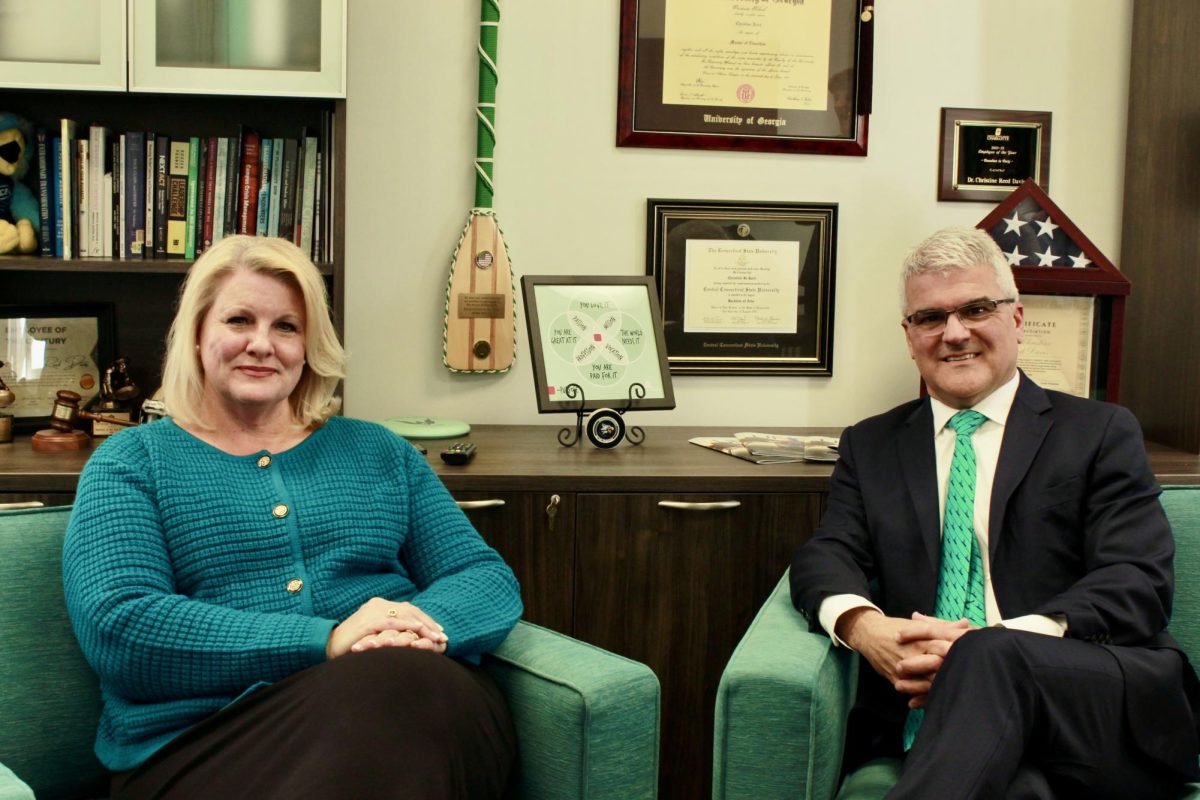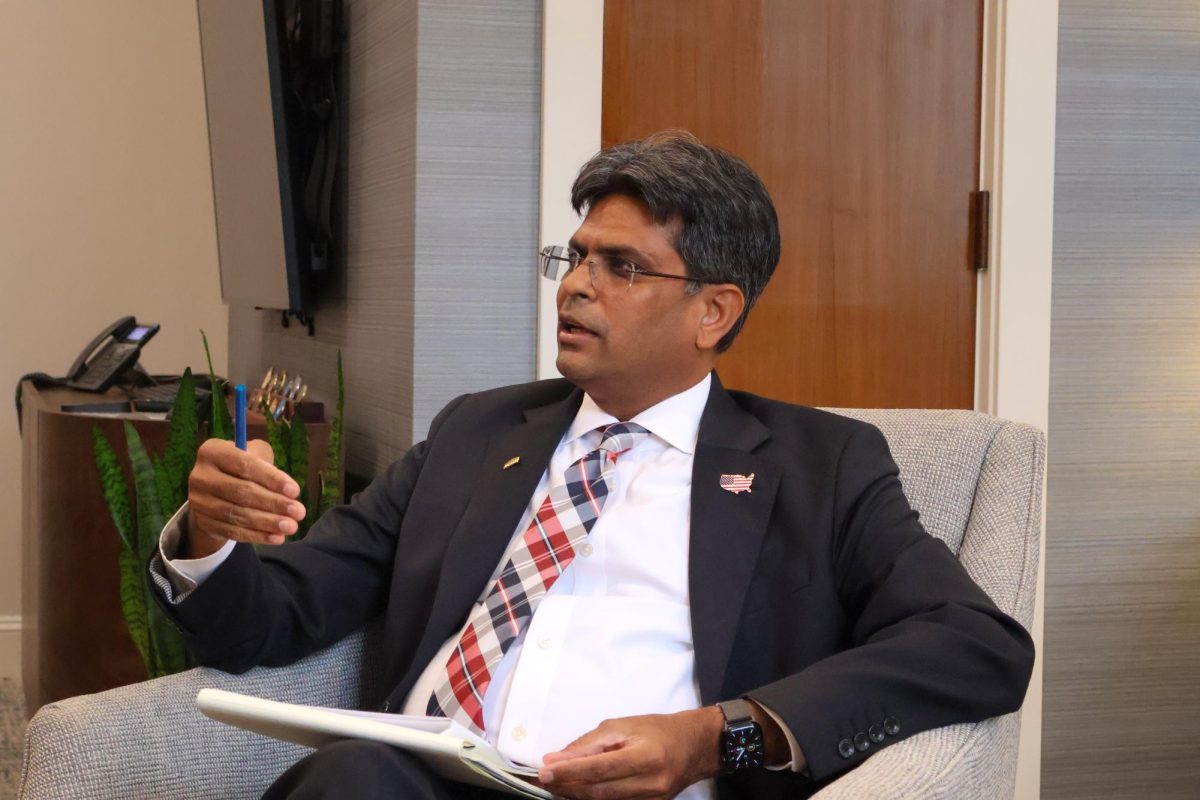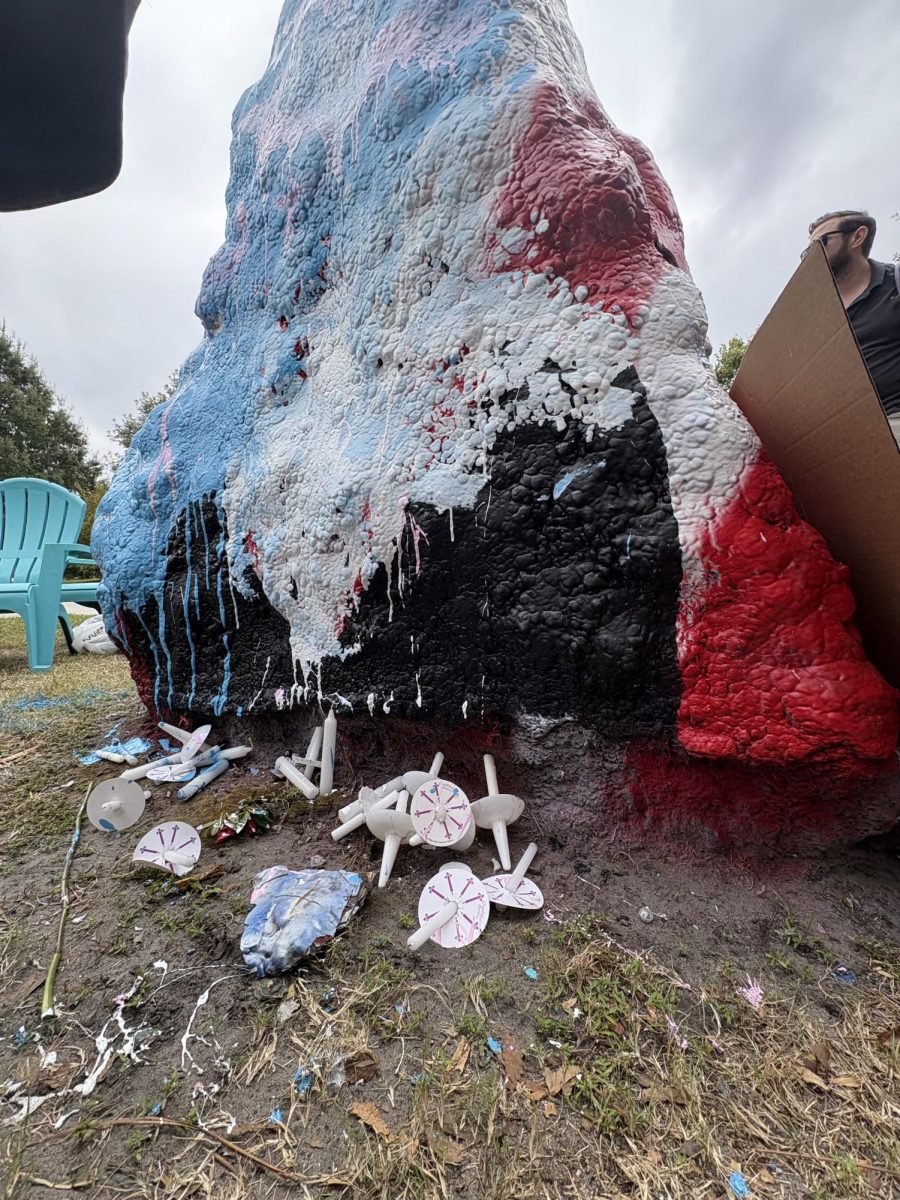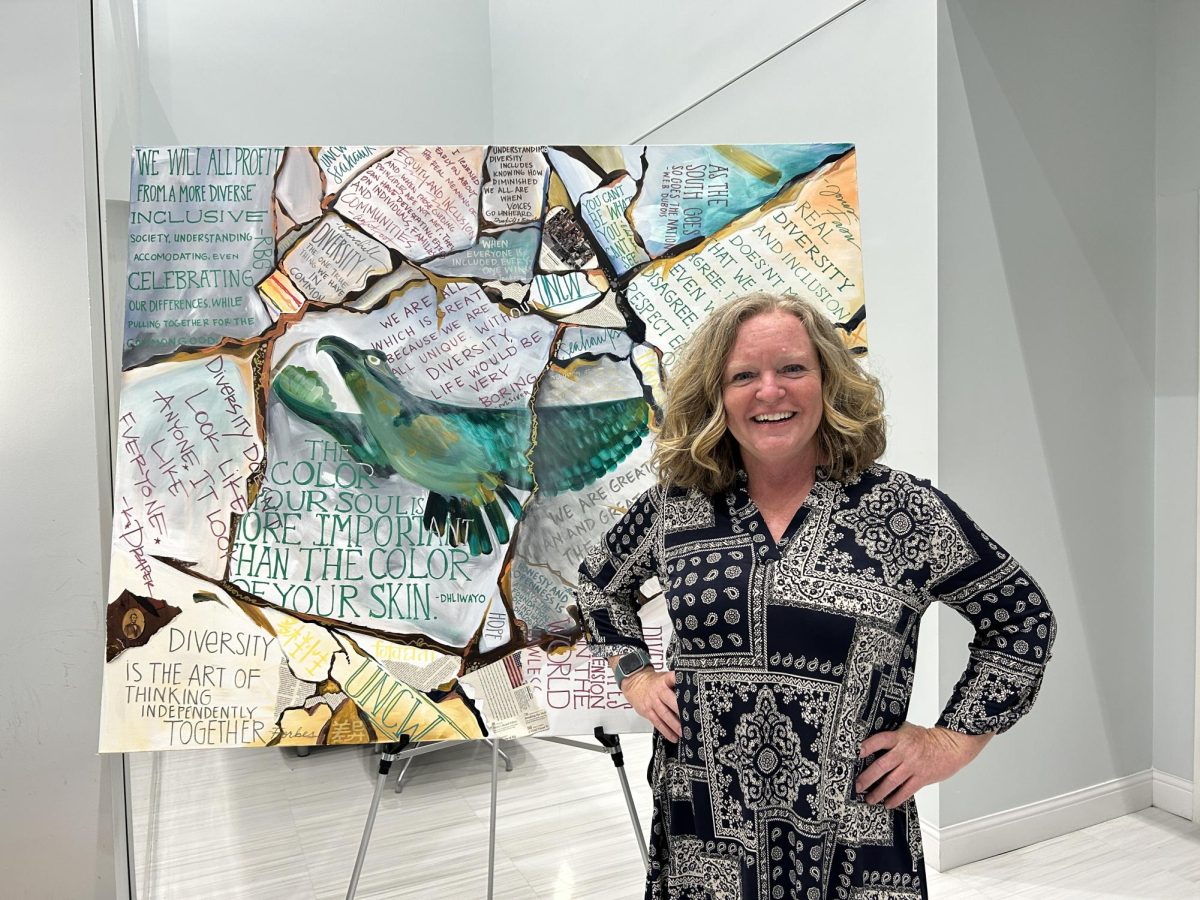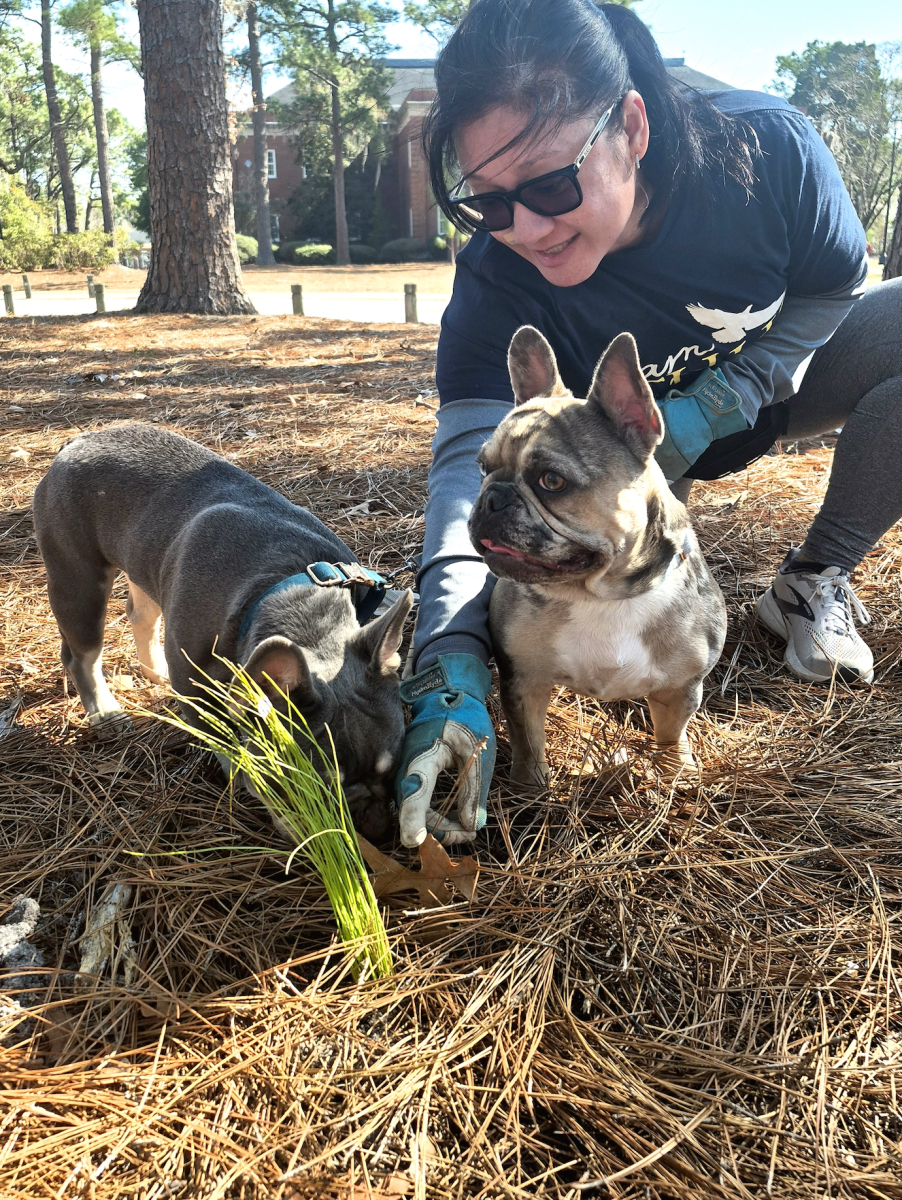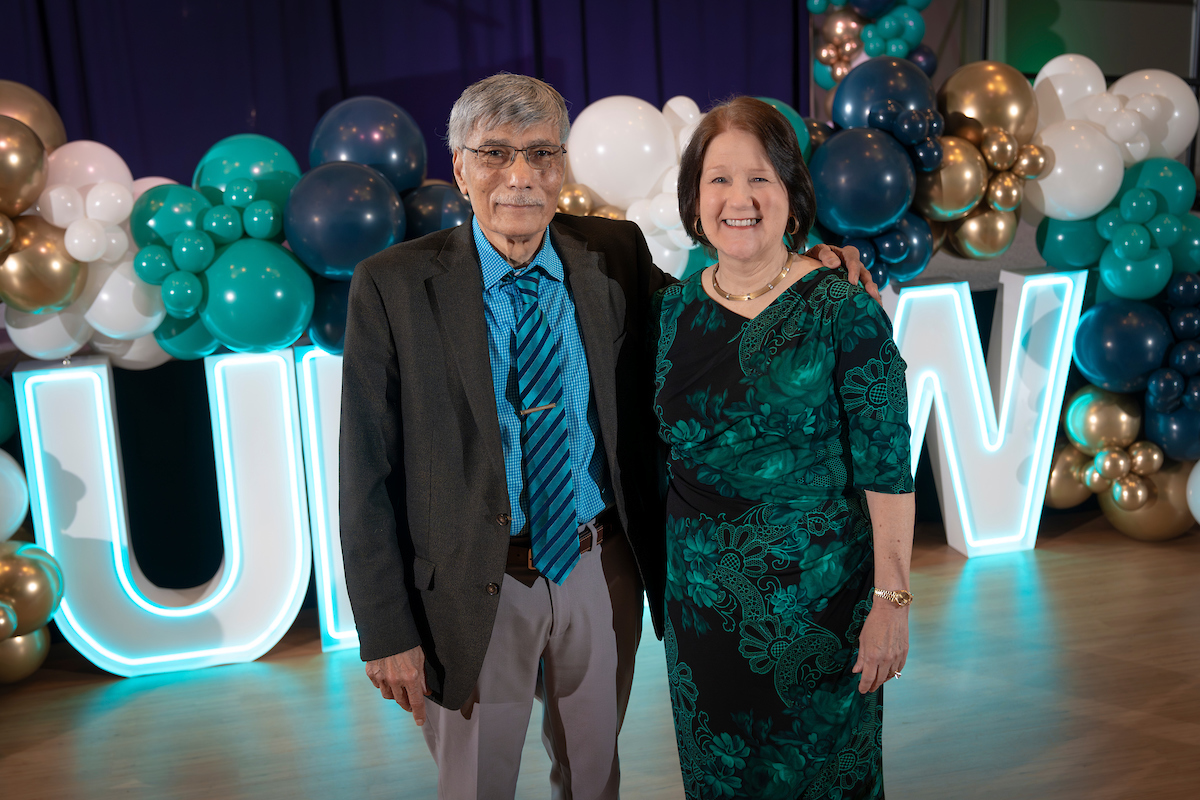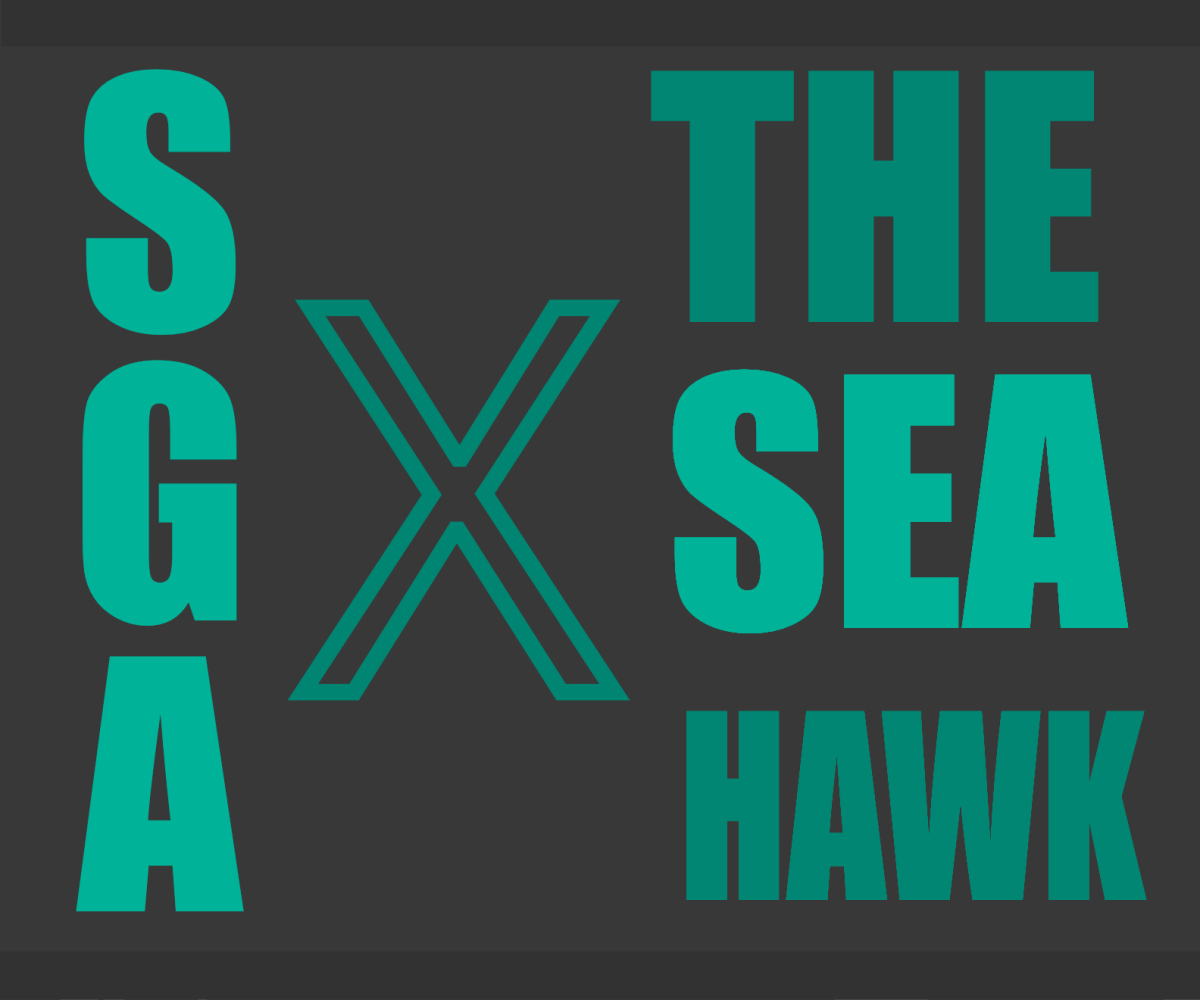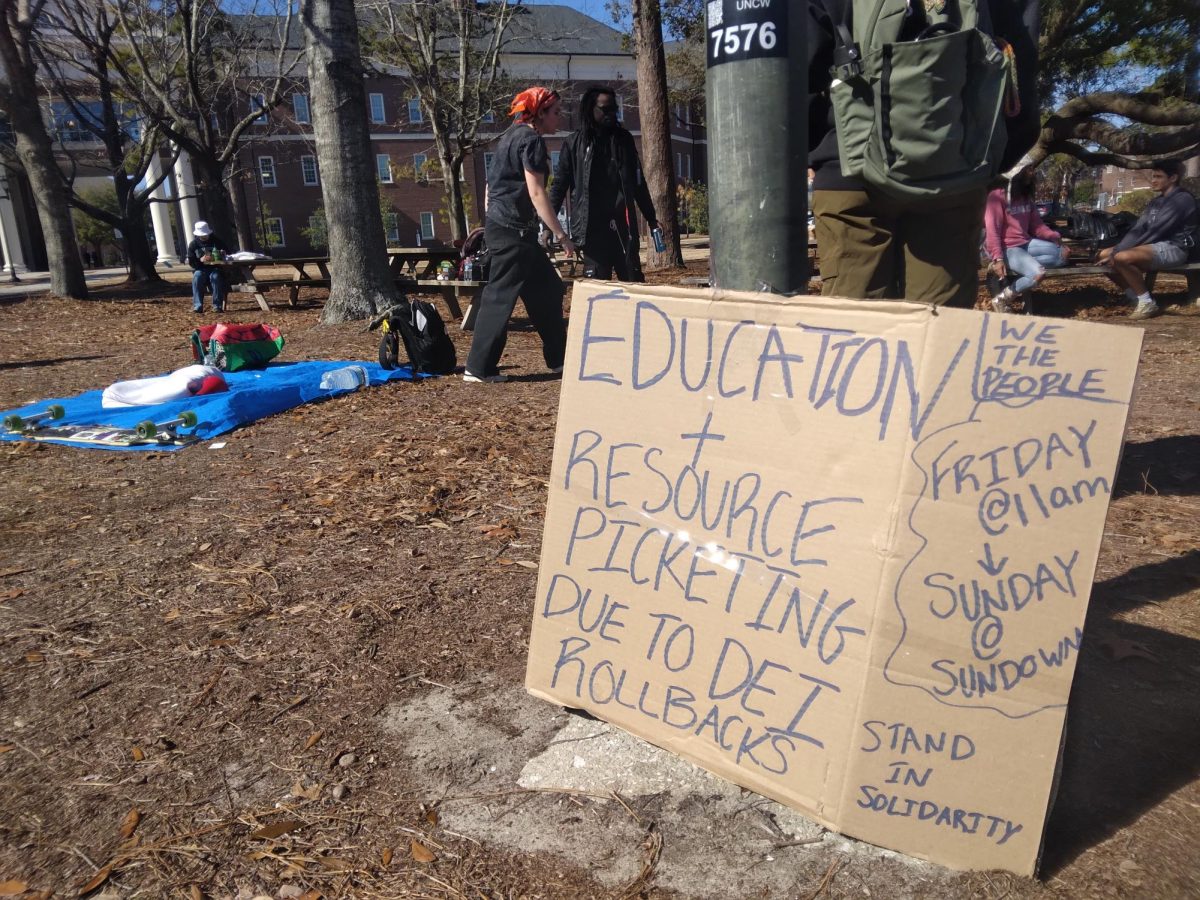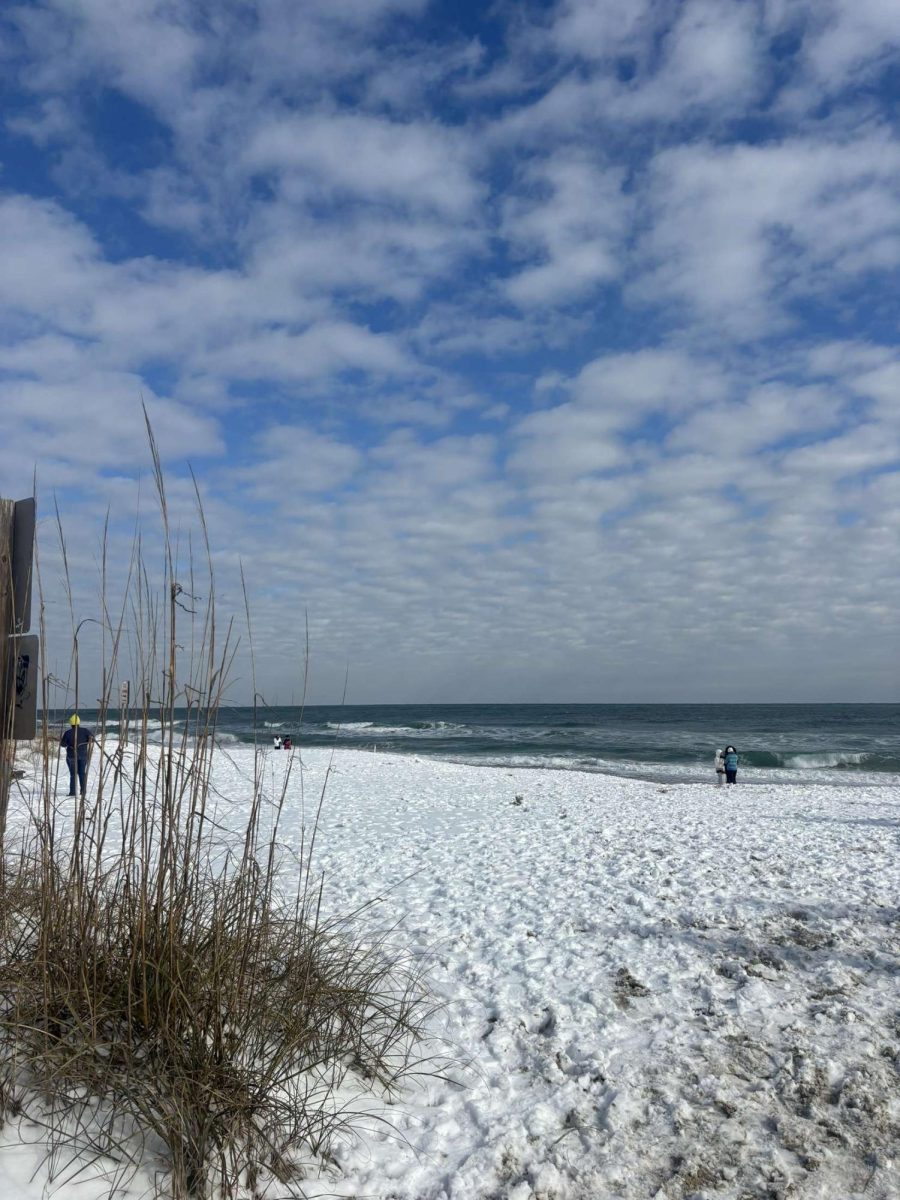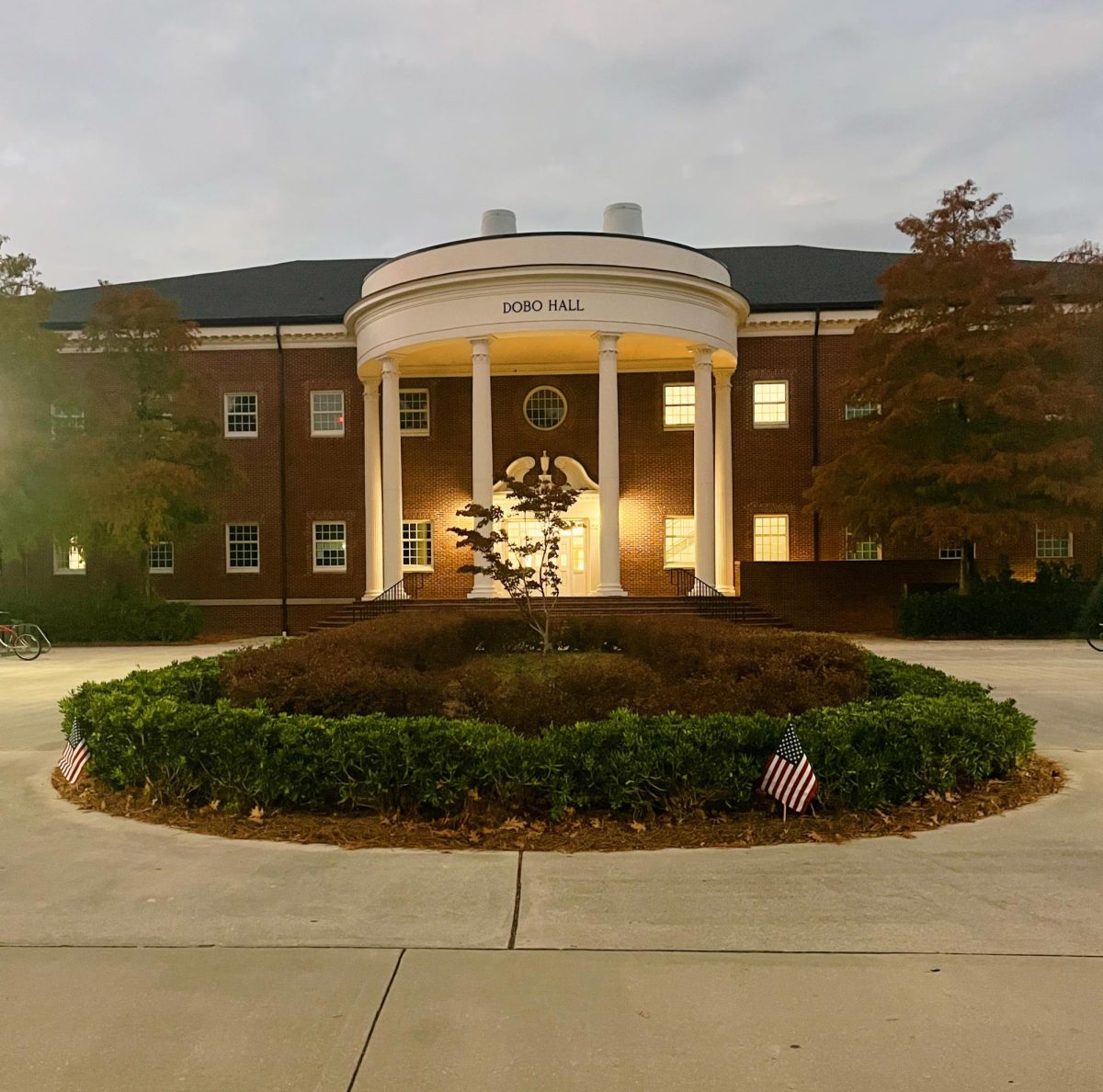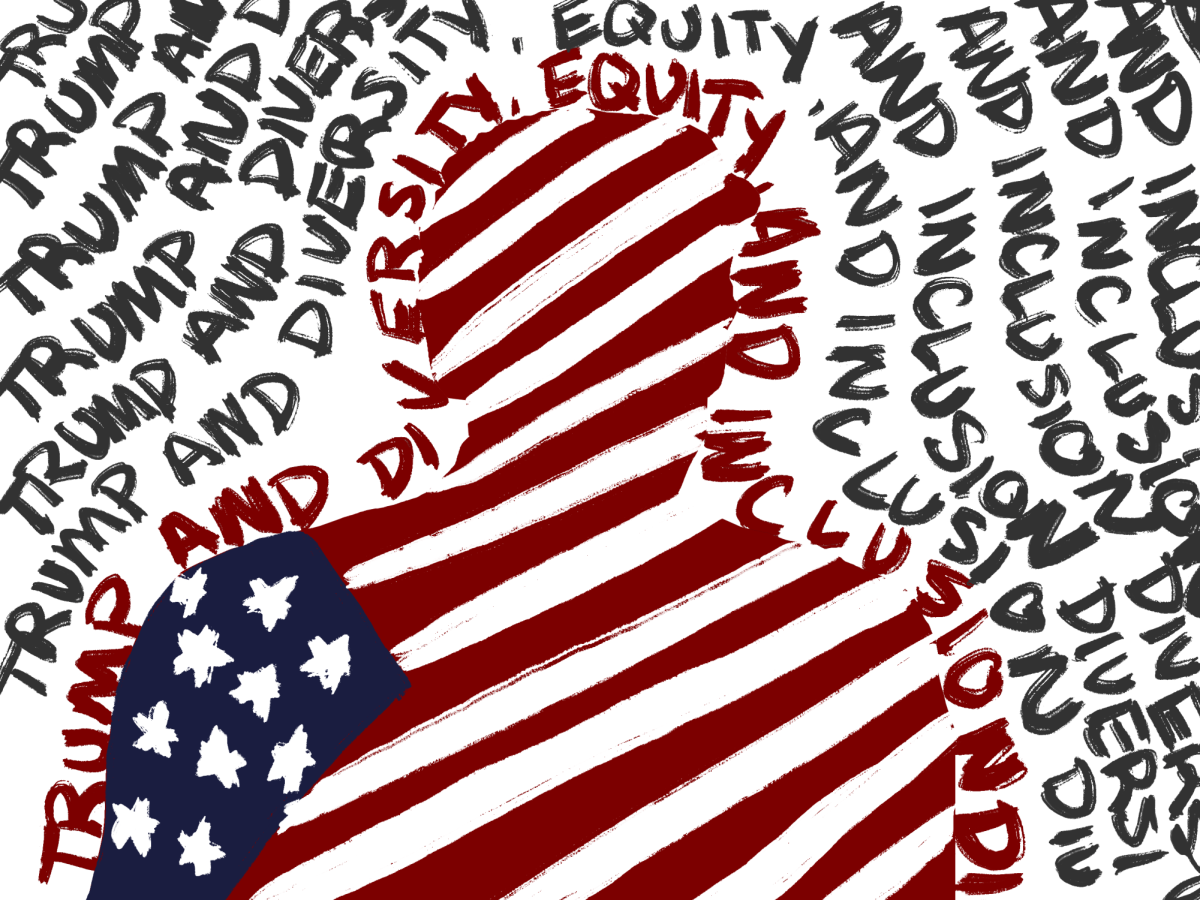WILMINGTON, N.C. (April 30, 2025) — Diversity, Equity and Inclusion (DEI) policies have changed rapidly over the past year, leaving students and faculty concerned about what the future holds here at UNCW.
On April 17, 2024, the UNC Board of Governors Committee on University Governance voted to repeal DEI programs in North Carolina public universities. The Board of Governors repealed Section 300.8.5, Policy on Diversity and Inclusion Within the University of North Carolina, and Section 300.8.5[R], Regulation on Diversity and Inclusion Within the University of North Carolina. In addition, President Donald Trump has signed executive orders in regards to “Ending Radical And Wasteful Government DEI Programs And Preferencing” on Jan. 21.
While these policies were quickly repealed and executive orders were signed, uncertainty started to creep on the horizon for students and faculty across the United States. However, in an interview with the Vice Chancellor for Student Affairs Dr. Christina Reed Davis and, now former, Provost Dr. James Winebrake created an opportunity for discussion about DEI policy changes here at UNCW.
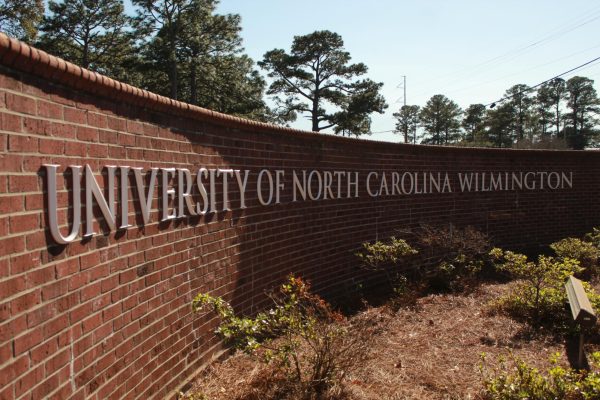
Institutional Neutrality
Winebrake explained under the policy 300.8.5 it established institutional neutrality. “Institutional neutrality essentially states that a university campus or even a unit within a university can’t take a political position on either a social or political issue of the day,” Winebrake said. “The belief of institutional neutrality as a concept, is founded on the belief that when an institution or a unit takes a position on a matter, it could have the negative impact of silencing folks who may disagree with that.”
Academic Freedom and DEI
Academic Freedom is the freedom for teachers and researchers, who are a part of higher education, to investigate, discuss and publish about issues within their academic field. It protects the right of faculty members to speak freely in institutional governance as well as to speak freely as a citizen.
However, the 300.8.5 policy only impacts how UNCW cannot take a stance on a topic but not on how classrooms are being regulated. In statute 126.14.6 is North Carolina State law that forbids to compel students or employees to profess their affirming belief under one of the 13 categories.
“I want to be clear, the policies that are currently in place don’t affect how or what teachers teach in the classroom,” Winebrake said. “The professors still have academic freedom to deliver content as they see fit within the classroom as long as it complies with the law.”
Winebrake elaborates how professors at UNCW have full academic freedom as long as they have not impeached any of the 13 laws. “I mean, classroom universities need to be places where we have this free exchange of ideas where people can challenge each other,” Winebrake said.
Academic freedom in the terms of teaching includes the right for faculty members to select materials, approach the subject how they like, make assignments, and assess students in which they find suitable.
Winebrake explains how the goal of the university is to try and take the proper actions based on principals around academic freedom, freedom of expression and student success. In addition, Winebrake provides insight into UNCW trying to seek guidance on understanding and implementing these policies.
“But there’s a lot of stuff floating around right now and not all of it is law and not all of it is policy,” said Davis. “So we are taking very careful and deliberate measures to make sure that we are not jumping ahead or overreacting or underreacting. I think we’re trying to take a very measured approach. There are some things we just don’t know the answers to because there’s a lot of unclear information out there.”
In an interview with John Scherer, General Counsel at the University of North Carolina Wilmington, discussed how Land Acknowledgements fall underneath the terms of academic freedom. Land Acknowledgements is a custom that dates back centuries but is used today by Native Peoples and non-Natives to “recognize Indigenous Peoples who were the original stewards of the lands on which we now live.”
Land Acknowledgements can be on classroom syllabus, and are “up to the individual faculty and departments,” said Scherer. Scherer explains how it is up to the department chair and the professor on whether or not they want to include these acknowledgements.
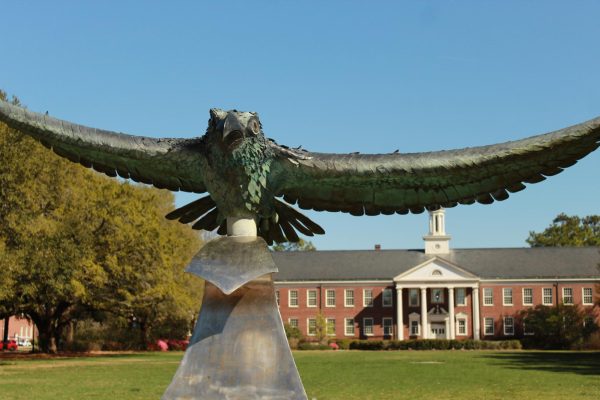
Student Success
While the changes of DEI policies have impacted the way in which jobs, positions and funding would be allocated on campus, student organizations are still available for students to participate in at UNCW.
“By bringing the centers into student affairs, they have more collaborative relationships and access to mental health providers, to career counselors,” said Davis. “We’re doing a lot of work with academics around advising and getting those staff members into areas where students gather.”
Davis elaborates how student organizations do not have to comply with the equality policy or other elements on UNCW campus. “They have a freedom and opportunity to express themselves, to have programming, to have events that are within the full range of their interests,” said Davis. “We do as much as we can to promote that and support that expression and that freedom to be creative and share their voices.”
Davis explained how students creating organizations and sharing their voices allows for the University to hear their concerns. She also encourages students to attend Student Government Association (SGA) meetings to express themselves as well as other representative and student organizations too.
“Those intentional efforts to make sure that we have spaces and places for students to share their voice,” said Davis. “We will continue to do assessments as new information comes out and are measured and intentional.”
For more information on how to become involved at UNCW, please visit the following: Student Government Association, Mohin-Scholz LGBTQIA Resource Center, Centro Hispano, Asian Heritage Cultural Center, Upperman African American Cultural Center, as well as the Student Involvement page on the UNCW website.



